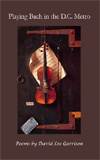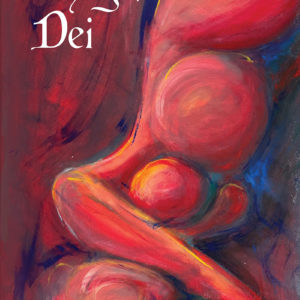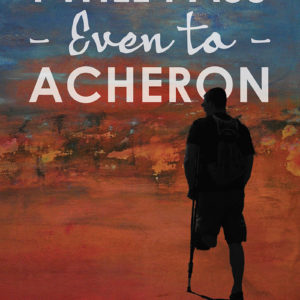Review by Anita Sullivan
Browser Books Publishing
2195 Fillmore St.
San Francisco , CA 94115
ISBN: 9780982850169
2012, 63 pp., $16.00
www.browserpublishingsf.com
“Having an instrument does not make a panhandler a busker. The simple difference is being able to play competently”
—Oregon Vagabond Motivator News, the street newspaper of Eugene, OR, February 2013, p. 2
What if busking on the streets included poets! They would join jugglers, actors, acrobats, and a whole variety of musicians in that age-old line of work. Perhaps if they wiggled suggestively and jumped around while they called out their words—as they do in poetry slams—and if their articulation, cadence and dramatic pauses were smoothly executed, they might be able to hold down regular performing spots around the cities of the world, to ply their art.
This collection—whose title poem is about a famous violinist briefly agreeing to do a stint as a street musician—might be regarded as a set of potential busking poems: they are brisk, fluid, and conversational. They are full of vivid sensual images and short dramatic incidents of the kind that might stop a commuter as she emerges from the top of the escalator stairs in, say, the Bethesda, Maryland Metro Station, where the low-ceilinged, semi-outdoor parking lot is a mass of concrete that turns even the brightest day into a kind of grayish purgatory.
Here, in the Fall of 2002, I stopped to listen to three teenage violinists quite competently play a Bach double violin concerto, their battered cases open in front of them. So glorious and penetrating was this music that we could all hear it very faintly from the bottom of what seemed to me at the time to be one of the steepest and longest stairways into any underground train system in the world. The music drew us up like gold from hell, numbed and bound as we all were by the deep poison of the city’s endless machine voice. And there, as our heads slowly appeared above the horizon, were the performers contorting on the pavement, and as David Lee Garrison says in his title poem, the music …
sang to the commuters in the station
why we must live.
From this opening salvo Garrison’s poems move deftly through all the senses, including humor. We are offered bits of fruit to lick and crunch as we are treated to a dialogue between God and Dog, in which Dog asks for a companion:
So God made Man
with hardly any sense
of smell and just two legs.And God said to Dog.
“He has only a few wordslike ‘come’ and ‘fetch,’
and he knows little of the earthand its redolence, but let him
totter along behind you and learn.
After this he (Garrison, not God) offers us two quick and delicate sketches of birds among tree branches, suffused like Japanese paintings, with hints of season. Here is “November”:
Like black notes
on gray stavesof oak and ash,
grackles gather.Measure by measure,
they lade the branches,then swirl away
in speckled clouds.
It’s churlish, of course, to hold an author too closely to any theme that might be implied by the title of his book. And yet, although a kind of transition from sense perception and image, into incident and personal anecdote takes place long about the middle of this book, I feel the collection remains quite true—even down to the food fight on page 43 – to the title’s metaphorical strength. Bach, after all, is a force not to be trifled with, and truthfully, every single piece he ever wrote had a poem in its heart and a story misting out from that poem. If, like the photo on the cover, the heart of this collection remains touched by a violin, it’s most definitely one with gut strings.



